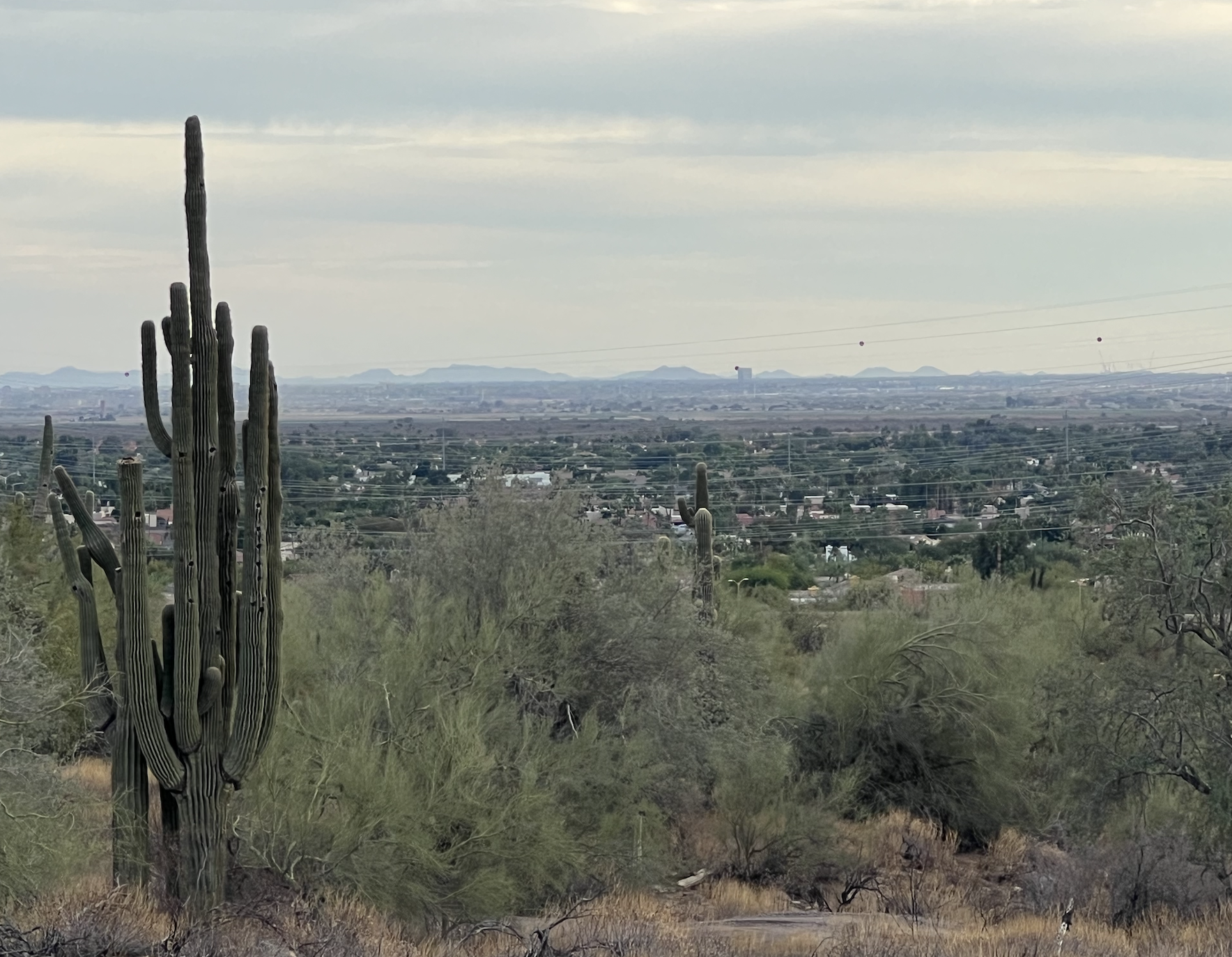A reflection from a caller and participant of a cafe that I hosted last fall. Meredith Lovato is a student at the University of Utah. She and a few classmates, including a hosting pal here in Utah, Kathy Lung, invited me to create a cafe with them, held in November 2008, the day after elections in the US. Meredith invited her dad, mom, and grandmother to participate. I love the opening that this created, both at the cafe, as well as how it carried to her family home.
Sharing the World Café Experience with Family:
Because our group considered conversation as a radical act that could
possibly change the structures of conversation we have been accustomed
to in today’s society, I decided to invite my family with hopes that
this new way of conversing would change the dynamics of our usual
conversations.
Most of the conversations in our everyday life have the same structure
of pyramid. We listen, only giving suggestions as they are asked for,
or if the environment feels safe. Conversations have become
polarized; I’m right, you’re wrong; it’s this way or that, instead of
working to find a middle ground. W ith the world café, you must listen
to understand; listen with intent. Not just until it is your turn.
Having conversations about political and social issues with my family
can be straining because I share very different views from the rest of
my family. Normally there is a power structure in our conversations
at home, with the majority expressing their views, and everyone else
listening. However, the guidelines of the World Café created a
relaxing and peaceful space where I felt comfortable expressing my
views, even if they were different.
This comfortable environment where everyone was encouraged to
contribute allowed me to consider new perspectives that I hadn’t
before. When you listen with intent, and people become comfortable
enough to share, you discover new ideas and ways of thinking. Through
this process, I found that my conservative father was listening and
finding common ground with a person who had completel y opposite views.
Introducing my family to the World Café was not only valuable for me,
just as valuable for them. World Café gave us the chance to interact
with each other in new ways and get chance to know and converse with
people we normally wouldn’t have the opportunity to meet.
My parents and grandmother loved the opportunity to meet my friends
and classmates, and they also enjoyed being able to sit down and have
a conversation with them. At the end of the experience, my Dad told
everyone in the room how amazing it was to see people of all different
ages, passions, and opinions sit down and talk face to face, and get
along. He was happy to communicate with me through more than a text
message, which made me realize how important it is to actually
communicate with people.
As Kathy mentioned, the World Café was intended to be a process that
could change the core image of the hierarchical structure our social
systems are centered around, and after our project I know that simple
conversation can change things. Sharing this intimate experience with
my family has not only brought me closer to them, and opened my ideas
to new perspectives, but it has also changed how we communicate. This
experience changed the way we communicate as a family. It is no
longer so structured, everyone gets the chance to express their
opinion in a non-threatening way. Just as the World Café intended, we have moved from simply taking to, to listening with intent.
